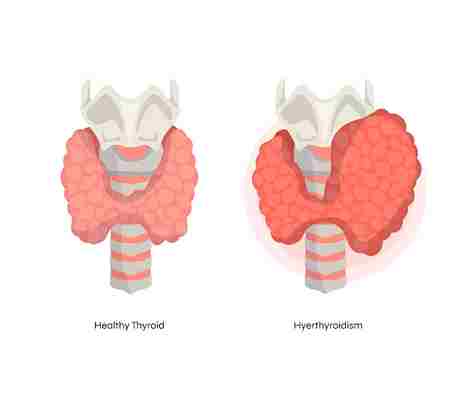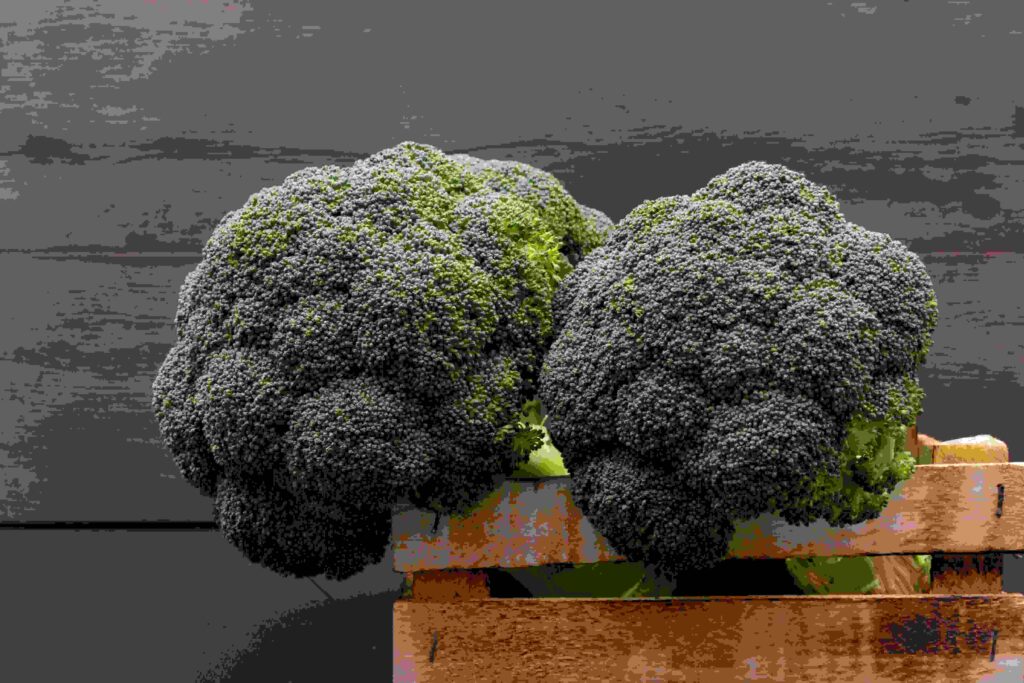Are you in search of natural remedies and dietary options to help manage your thyroid conditions? You have come to the right place; in this blog, we are discussing various natural alternatives and home remedies to your thyroid treatment plan.
The thyroid is a butterfly-shaped endocrine gland that is present in the neck. This endocrine gland secretes hormones to regulate many metabolic processes, such as growth and energy expenditure.
The main role of the thyroid gland is to control the speed of metabolism, which is the process by which your body transforms the food you consume into energy.
Any malfunction of the thyroid gland can result in thyroid problems such as hypothyroidism (underactive thyroid) and hyperthyroidism (overactive thyroid). Thyroid problems can be caused by iodine deficiency, inflammation, or an autoimmune disease. Other than medication, there are also home remedies available to manage the thyroid problem. Let’s discuss those natural and home remedies in detail below.

Natural Remedies and Options to Manage Thyroid Disorder:
Apart from the medical considerations, there are various natural remedies, including a healthy diet and lifestyle, that can help improve thyroid function and symptoms. In Ayurveda, thyroid imbalance occurs because of the imbalance of three doshas, and these home remedies work to fix the root cause of the thyroid problem.
- Herbal remedies
Herbal remedies are the traditional approach that is used to manage and support various health conditions, such as thyroid disorders.
Some of the herbs that may improve thyroid health include the following:
- Ashwagandha
Ashwagandha, also known as Withania somnifera, is one of the herbal remedies that have anti-inflammatory and anti-anxiety properties. It supports thyroid function by reducing oxidative stress and improving thyroid hormones.
- Ginger
Ginger is widely used as a spice, but it also works as a herb for people experiencing hypothyroidism. This herb also helps in reducing weight and has anti-inflammatory, antioxidant, and anti-bacterial properties.
- Essential oils
Certain essential oils, such as frankincense and myrrh, can be helpful to support thyroid function as they have anti-inflammatory and calming properties.

- Physical therapies
Certain types of physical therapies, such as acupuncture, yoga, and meditation, can ease the pain and discomfort related to the thyroid disorder. Some of the physical techniques include:
- Yoga and meditation
Yoga has several benefits for overall health and well-being. By practising yoga, you can balance your energy, increase flexibility, and relieve stress. Try consulting your doctor before doing yoga or any stretches, as they can guide you according to your health condition.
- Acupuncture
Some research shows that acupuncture can be a good option for reducing some of the symptoms of hypothyroidism, as it may reduce sensitivity to stress, increase circulation, and reduce inflammation.

- Dietary recommendations
The diet also plays a crucial role in lessening the symptoms related to hypothyroidism and hyperthyroidism. Follow these diet tips to manage conditions such as thyroid disorders.
In hyperthyroidism, which is an overactive thyroid, you must eat:
- Low-iodine foods such as non-iodized salt, oats, potatoes, honey, and unsalted nuts and nut butter
- Add cruciferous vegetables to your diet including cauliflower, mustard, kale, and broccoli, which may stop your thyroid from using iodine properly.
- Several nutrients are essential that may balance thyroid hormone production: iron, selenium, zinc, calcium, and vitamin D.

If you’re going through hypothyroidism, you may have fatigue, depression, and constipation. By eating certain foods, you can boost the effectiveness of your thyroid. These foods include fish such as salmon, nuts, whole grains, fresh fruits and vegetables, and dairy products.
- Lifestyle modifications
By adopting a healthy lifestyle, you can reduce the effectiveness and symptoms associated with thyroid disorders.
- Try to manage stress, as it can negatively impact thyroid function, and include yoga, meditation, and breathing techniques in your day-to-day life.
- Prioritise taking rest and getting quality sleep without disturbance.
- Regular exercise can help maintain a healthy weight, which is crucial for thyroid health.

CONCLUSION
Thyroid disorder is a common condition that affects many people and can be managed with various natural and home remedies and lifestyle changes.
Some of the home remedies include herbal approaches like ashwagandha, essential oils, and ginger. Other natural remedies include dietary recommendations, physical therapies, and lifestyle modifications such as regular exercise and managing stress, which are beneficial to reduce the symptoms and concerns related to thyroid disorders.
Get the right Ayurvedic treatment plan at Ayursparsh Clinic & Panchakarma Centre in Dharwad, Karnataka, for your various conditions and diseases.
Treat your thyroid problems, such as hypothyroidism and hyperthyroidism, with Dr. Rashmi C. Patil, MD (Ayu), and get relief.




